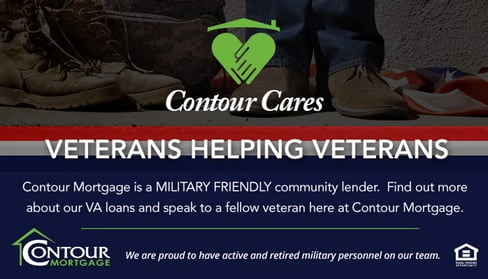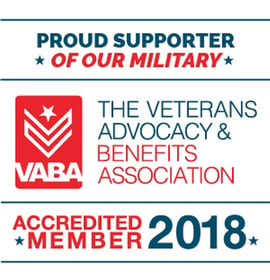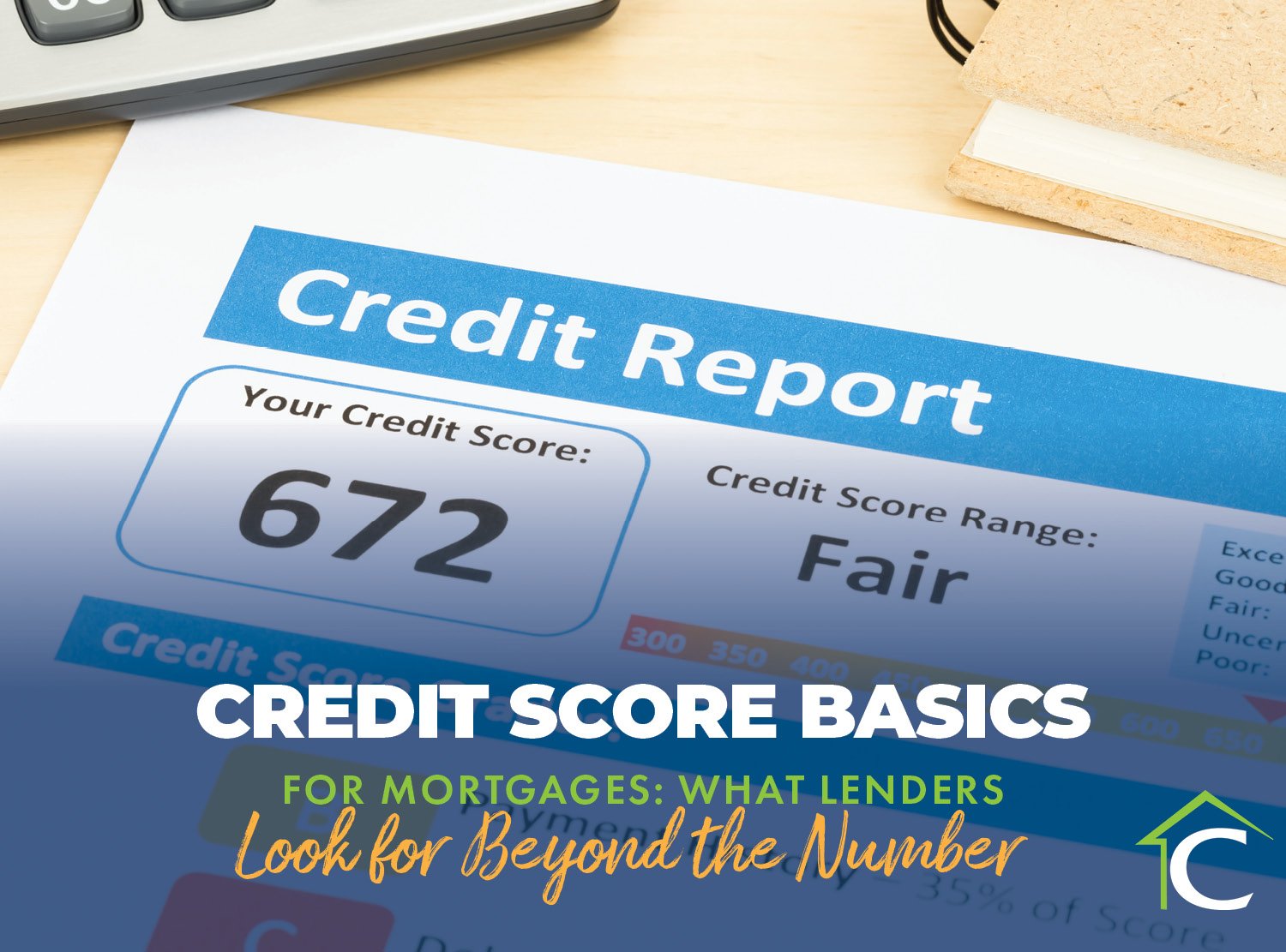We are determined to do our best to thank them for their sacrifice and are proud to offer VA loans to applicable borrowers.
Guaranteed by the U.S. Department of Veterans Affairs, VA loans were designed with military families in mind. It can be used for a number of purposes, including purchasing or building a new home, refinancing a current mortgage, repairing or improving a borrower’s existing home, or installing home efficiency measures. Single-family and multi-family homes, manufactured homes and condominiums are all acceptable property types.
VA loans are provided to home buyers via mortgage lenders and hold several significant advantages for those who qualify, which can include surviving spouses.



The benefits of a VA loan include:
Borrowers must meet certain requirements to qualify for a VA loan. Aside from being a veteran, active-duty service member, reservist or National Guard member, there are other stipulations to keep in mind.
This includes the duration of service. For example, borrowers should have served on active duty for at least six months to qualify, while reservists and National Guard members need to have served at least six years, or been on active duty for a minimum of 181 days. Those who’ve served at least 90 days during wartime may also be eligible.
Surviving spouses who aren’t remarried could also qualify, specifically those whose spouse was in the military and died, went missing in action, became a prisoner of war, or were disabled during active duty.
Another requirement relates to the property a borrower would like to purchase. It must be used as his or her primary residence, as opposed to a second home, vacation home or investment property.
Additional requirements overlap with other loans. Borrowers are expected to share:
Lastly, anyone interested in applying for a VA loan must receive a Certificate of Eligibility from the VA, which can be obtained via mail, online, or through a mortgage lender.
To learn more about application requirements, or the VA loan itself, it’s best to get in touch with a trusted mortgage lender.
Contour Mortgage is dedicated to educating applicants about their mortgage options, which may include a VA loan.

What credit score do you need to buy a house? Learn how mortgage lenders evaluate your credit report, scoring models, payment patterns, and approval factors.
Read More
Struggling to save for a down payment? Learn 8 proven strategies from mortgage experts to build your home fund faster. Calculate what you need and start today.
Read More
Learn how to buy a home with student loan debt in 2026. Get proven strategies to improve your DTI, boost credit scores, and qualify for a mortgage with expert guidance.
Read More
Discover the top 10 must-try brunch spots in Nassau County, offering a variety of delicious dishes and unique dining experiences for every brunch lover.
Read More